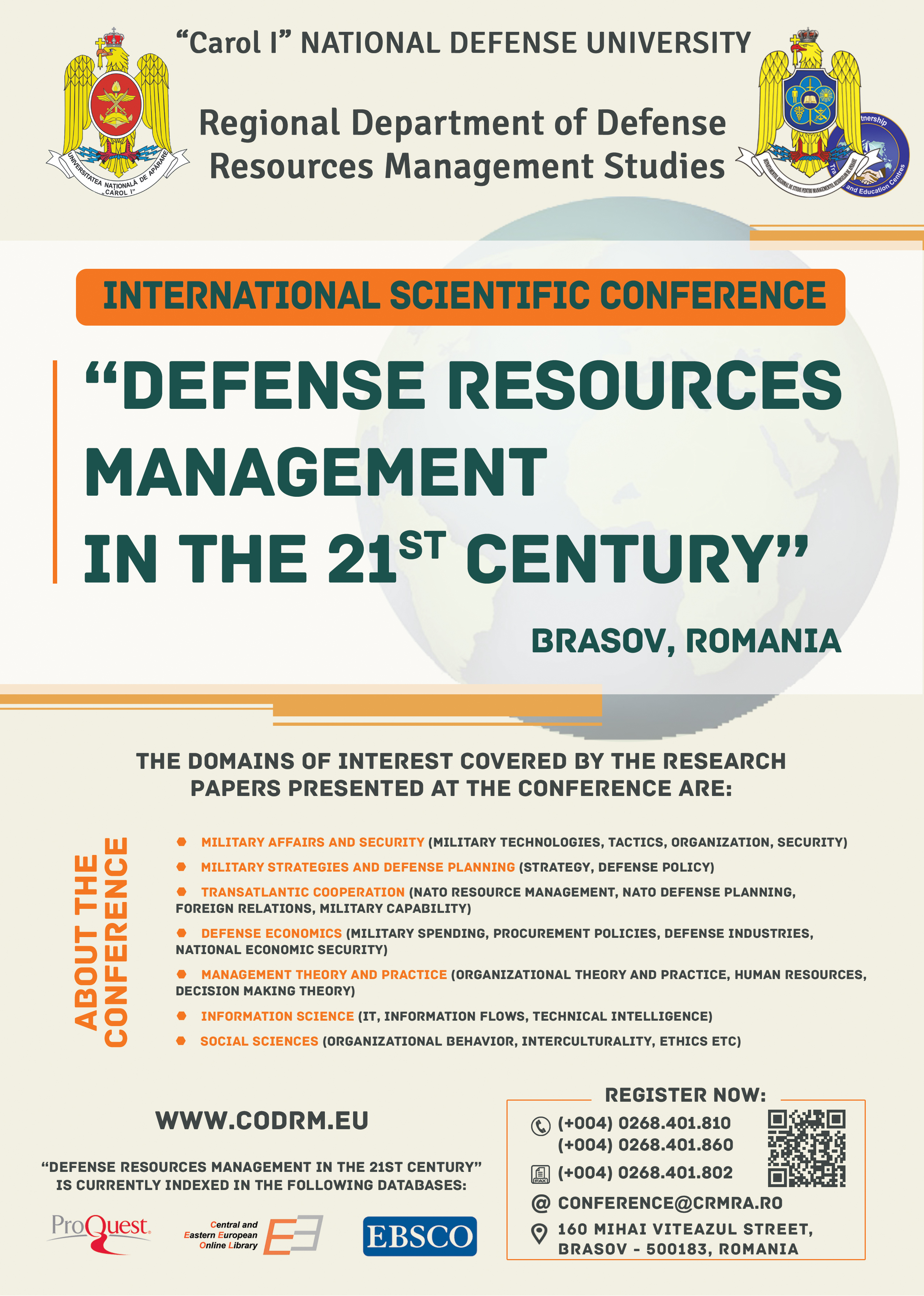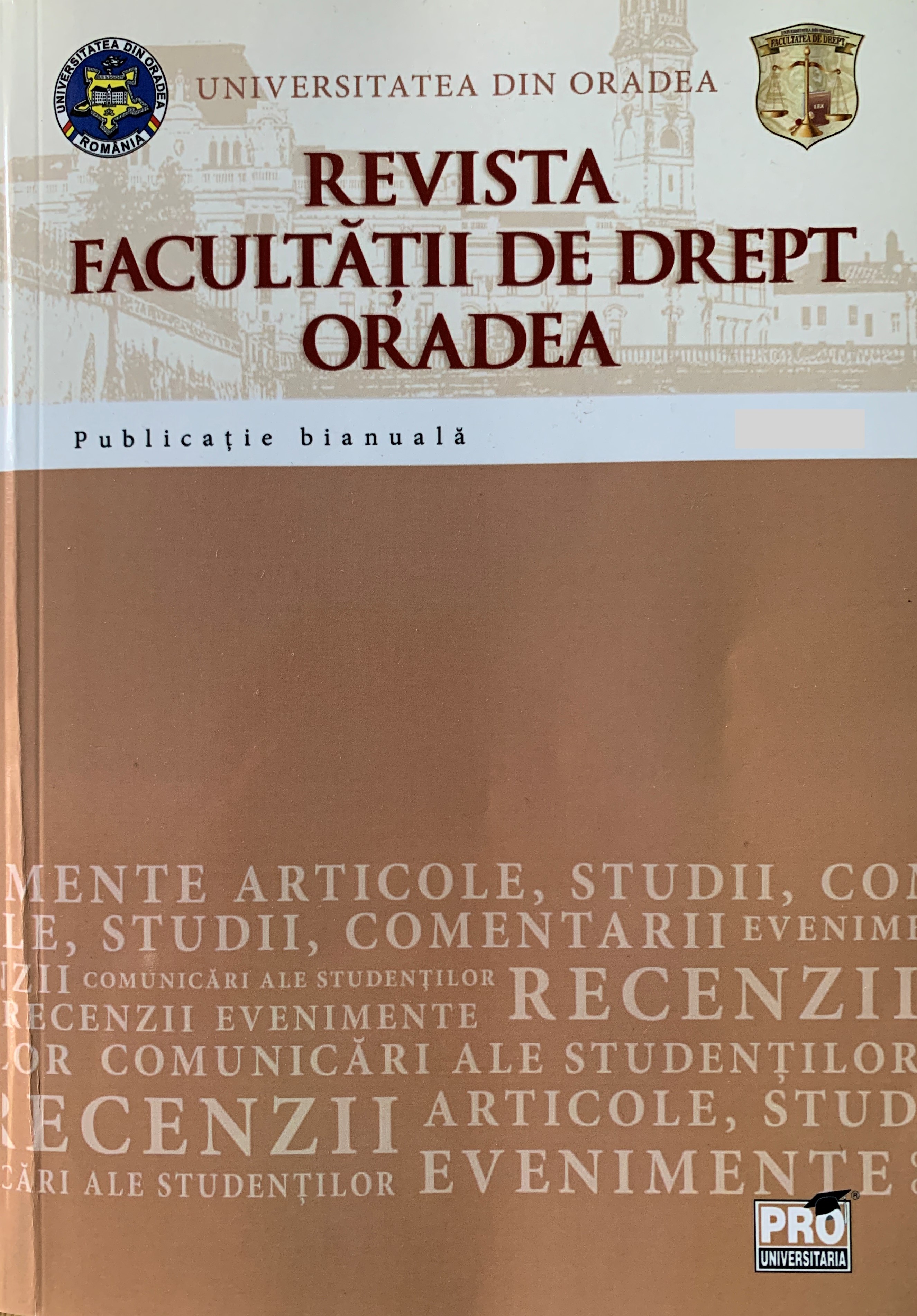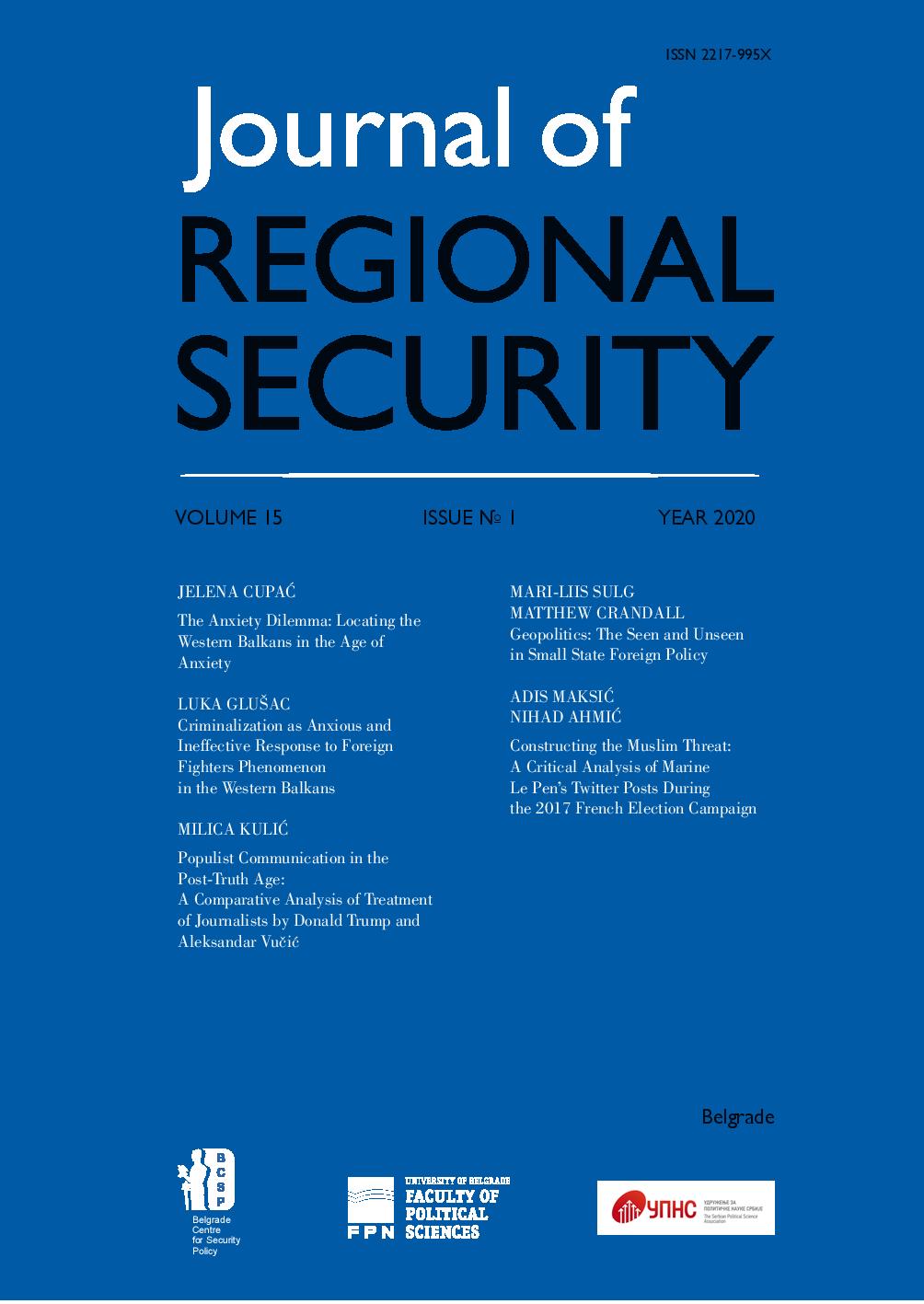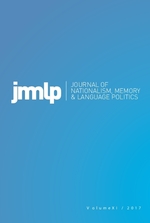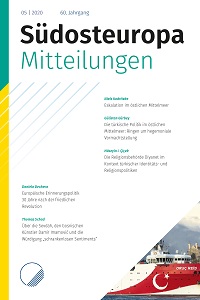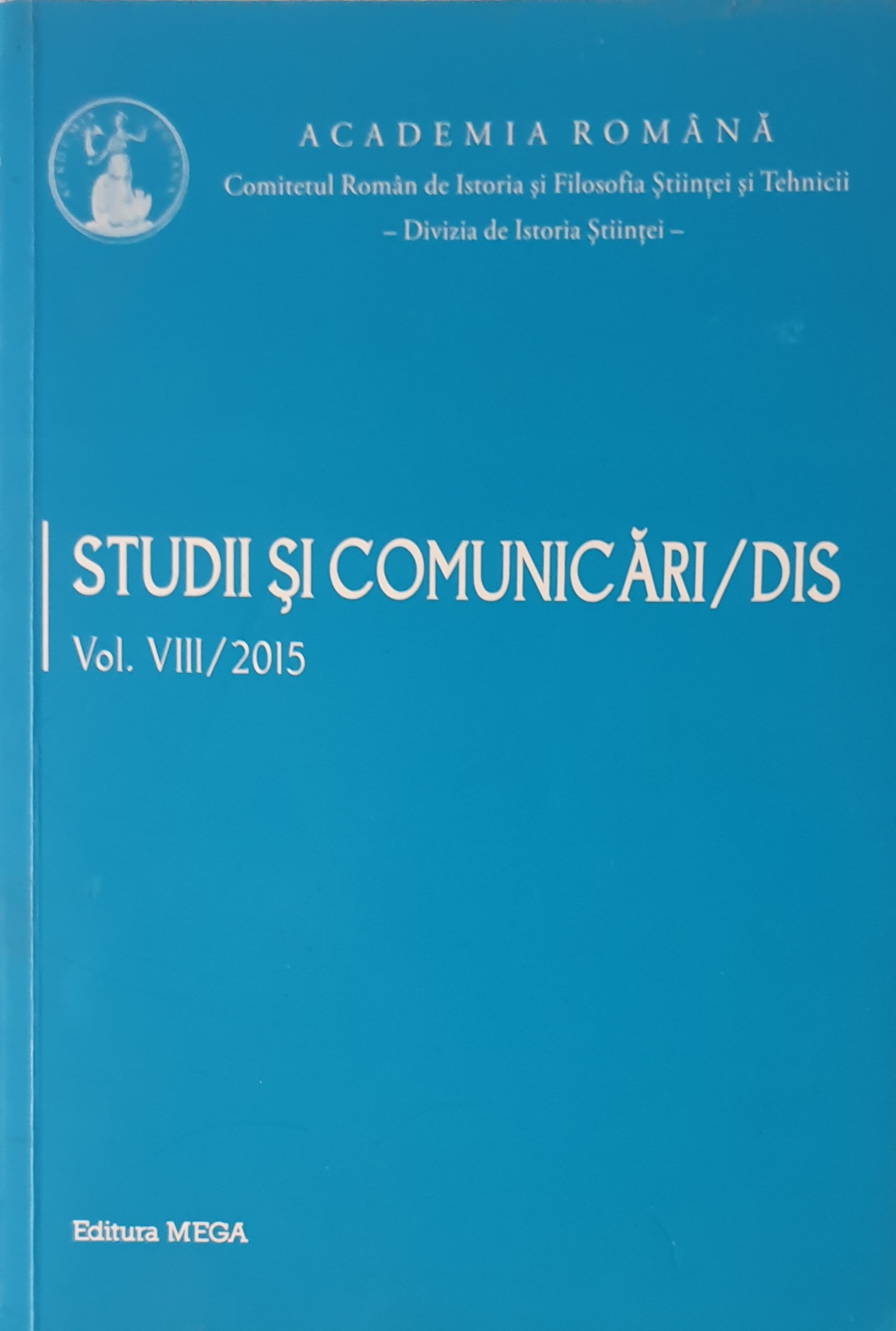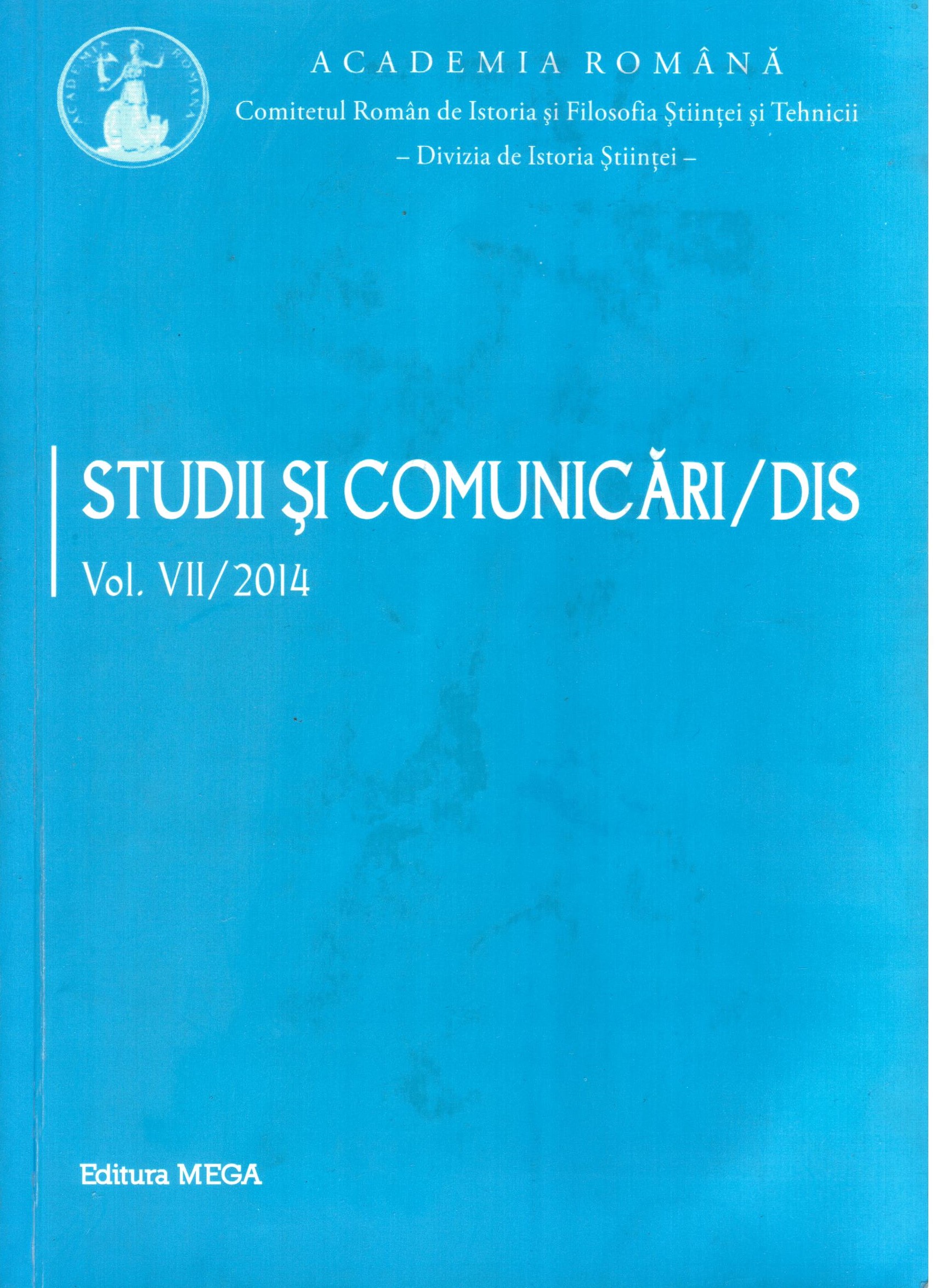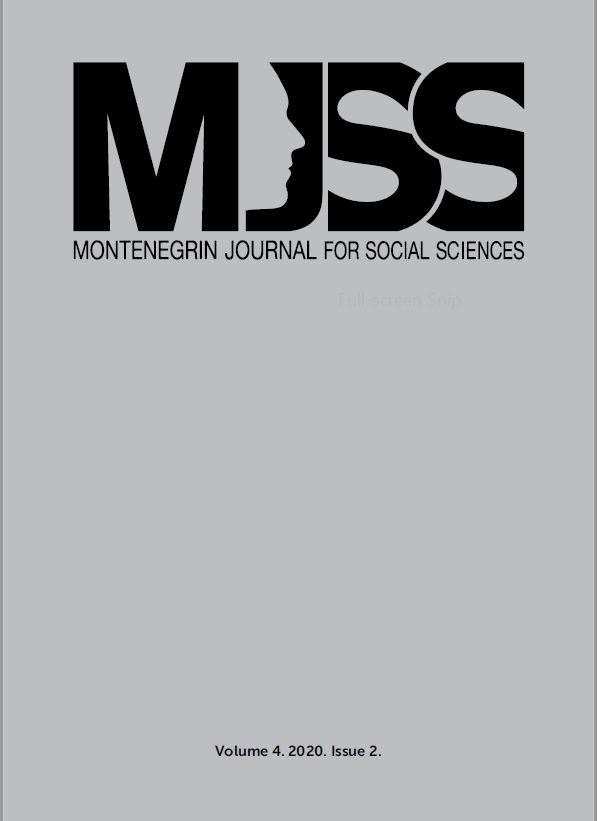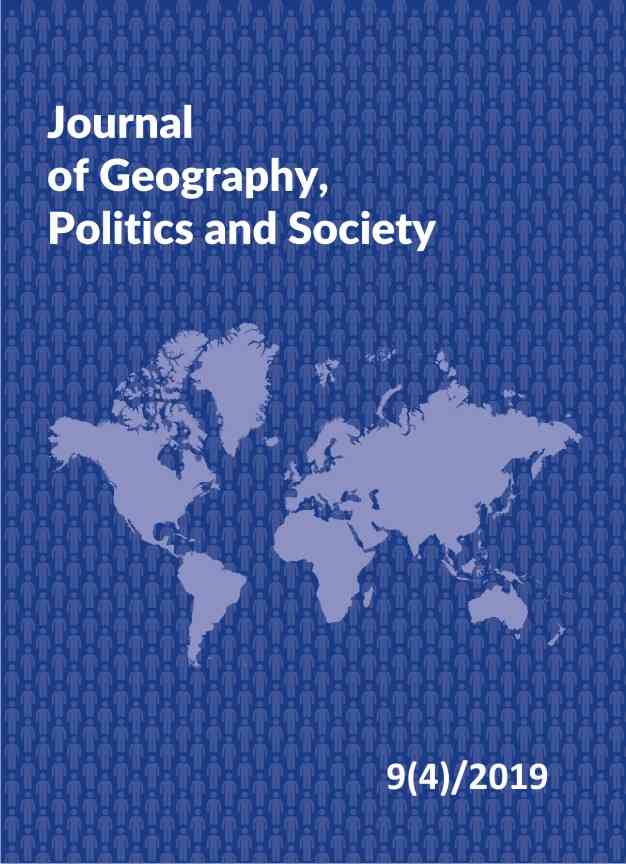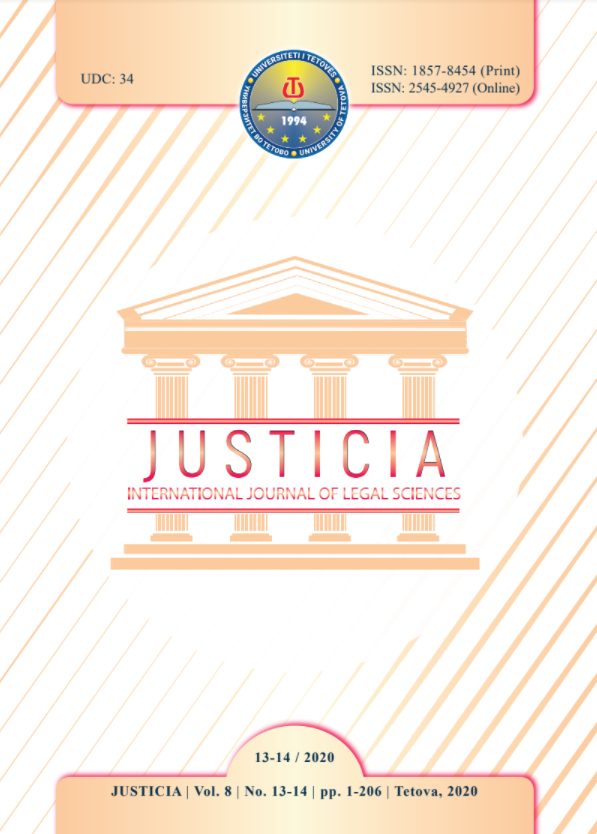Author(s): Artan Tahiri / Language(s): English
Issue: 13-14/2020
The history of the last two centuries and the first decade of the XXI century, showed that the Balkans did not have lasting peace and stability, because there was no adequate justice in the treatment of its peoples.Obviously, it can be easily proved that the Balkan countries have been in constant conflict, where as a result we have the creation of new states. The relations between North Macedonia and Kosovo have not been developed only in recent years, respectively from the recognition that the Republic of North Macedonia has made to the Republic of Kosovo. It is important to note that these states were once the political entities of another state, the former Yugoslavia. The Republic of North Macedonia was one of the six republics within the Federation of Yugoslavia, while Kosovo held the position of province. The dissolution of the former Yugoslav Federation, beginning with the overthrow of the constitutional concept of Kosovo's position in 1989, the secession and international recognition of the four federal units, and the start of the war on the territory of the former Yugoslavia, opened new political processes that were characterized by the dissolution of the federal state and the creation of new sovereign and independent states. The main purpose of this paper is to analyze the relations between the Republic of Kosovo and the Republic of North Macedonia. Nevertheless, we deliberately use the word "republic" to describe both countries, to indicate the time limit of the study. So, the analysis is at a high degree focused only on the period after the declaration of independence of Kosovo and not the period of their relations during the existence of the former Yugoslavia. Meanwhile, interstate relations are multidimensional and usually include cross-cutting areas, and as matter of a fact in this study will be put a particular emphasis on political and economic relations. In the meantime, the study is divided into three main parts. First and foremost, the first part will address the historical aspects of these two countries. Since both were part of a common state structure, it is considered that there are a wide range of topics and issues to be addressed. In the second part it will be tackled the issues regarding the political and diplomatic relations between these two countries. So, from this part onwards the paper will be at a large extent concentrated on interstate relations.
More...
